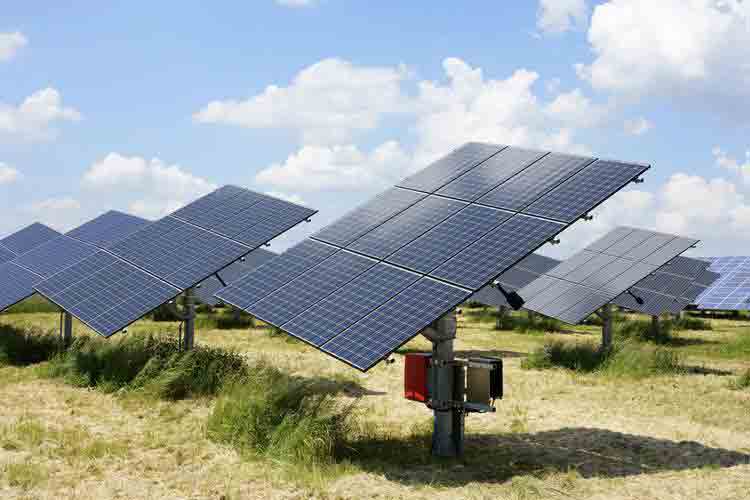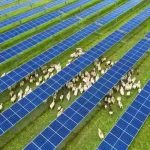Maximizing Solar Potential on Farms with Solar Trackers
The agricultural sector is on the cusp of a renewable energy revolution, with solar technology playing a pivotal role. Among the various solar solutions, solar trackers for farms stand out for their potential to significantly enhance energy production.
Solar trackers are systems designed to maximize the exposure of solar panels to sunlight by adjusting their position throughout the day. In the context of farming, these trackers can be particularly beneficial due to the vast open spaces available and the consistent sunlight that farms typically receive.
Advantages of Solar Trackers on Farms1. Increased Energy Yield: By ensuring that solar panels are always oriented towards the sun, solar trackers can increase energy production by up to 30% compared to fixed systems.2. Space Efficiency: Solar trackers can be designed to minimize the footprint on farmland, allowing for dual use of the land for both energy production and agriculture.3. Cost-Effectiveness: Although the initial investment may be higher, the increased energy output can lead to a faster return on investment and long-term cost savings.4. Environmental Benefits: Solar trackers contribute to reducing greenhouse gas emissions and can be part of a farm’s sustainable and eco-friendly practices.5. Adaptability: Solar trackers can be adapted to various farm types and sizes, making them a versatile solution for renewable energy generation in agriculture.
As technology progresses, solar trackers are expected to become more efficient, reliable, and cost-effective. Innovations such as AI and machine learning algorithms will optimize tracking efficiency in real-time based on weather patterns and solar radiation data.
The combination of solar trackers with agrivoltaic systems, which integrate solar power generation with agricultural practices, offers a promising solution for maximizing land use and increasing both energy and food production.
As governments worldwide promote renewable energy, there is likely to be an increase in incentives for farmers to adopt solar trackers, making them more financially accessible.
The integration of solar trackers into farming operations presents a significant opportunity for farmers to harness solar energy effectively. With the potential to increase energy production, reduce costs, and support sustainable farming practices, solar trackers are poised to play a crucial role in the future of agriculture. As technology advances and the global push for renewable energy continues, solar trackers for farms are set to become an increasingly important component of the agricultural landscape.







